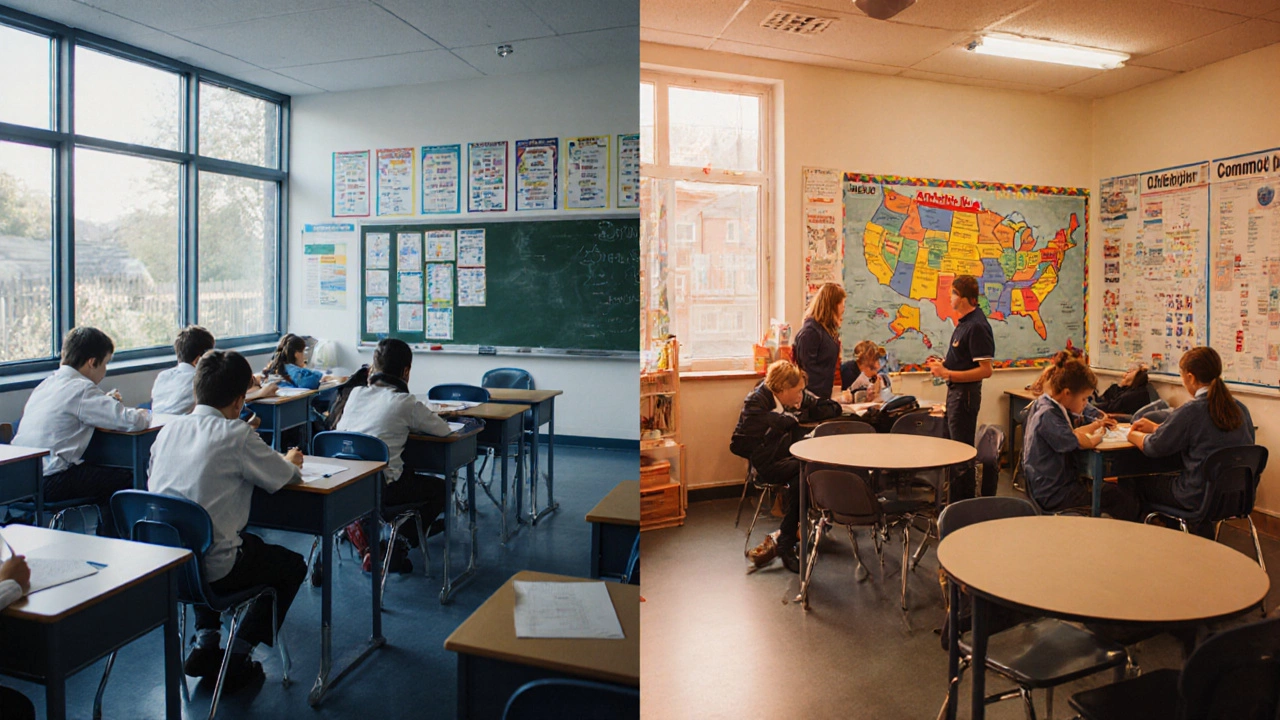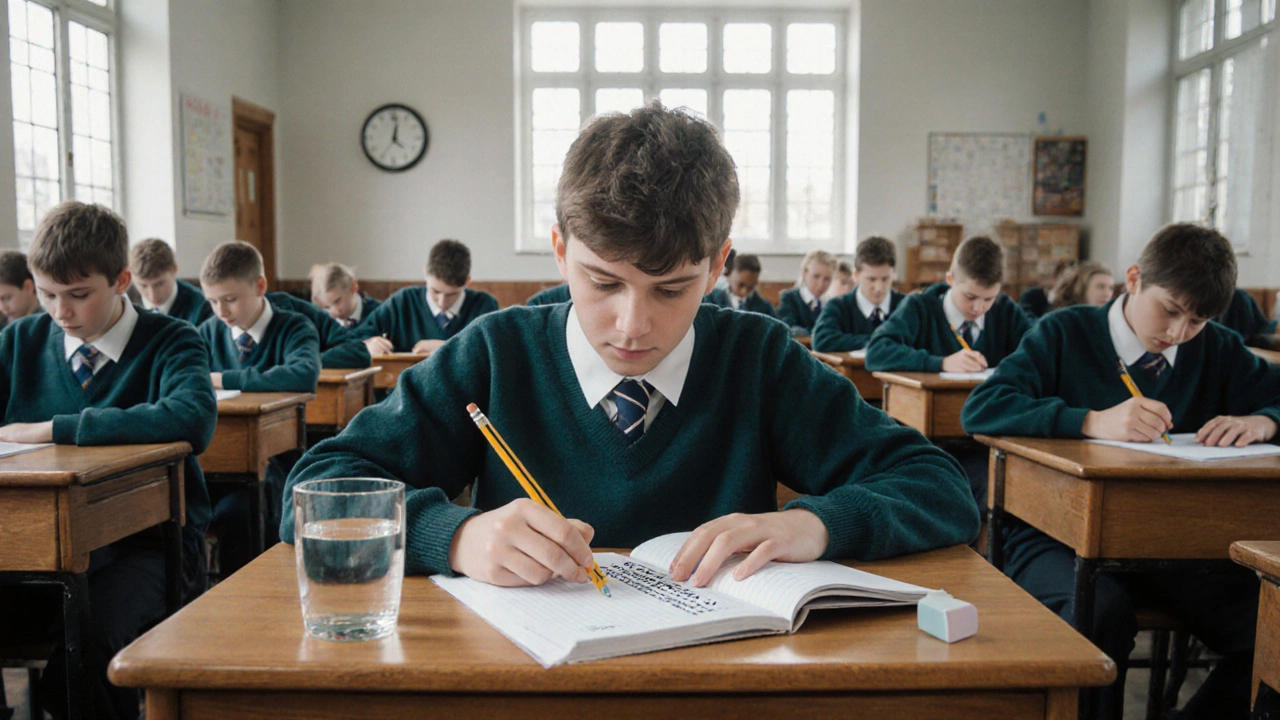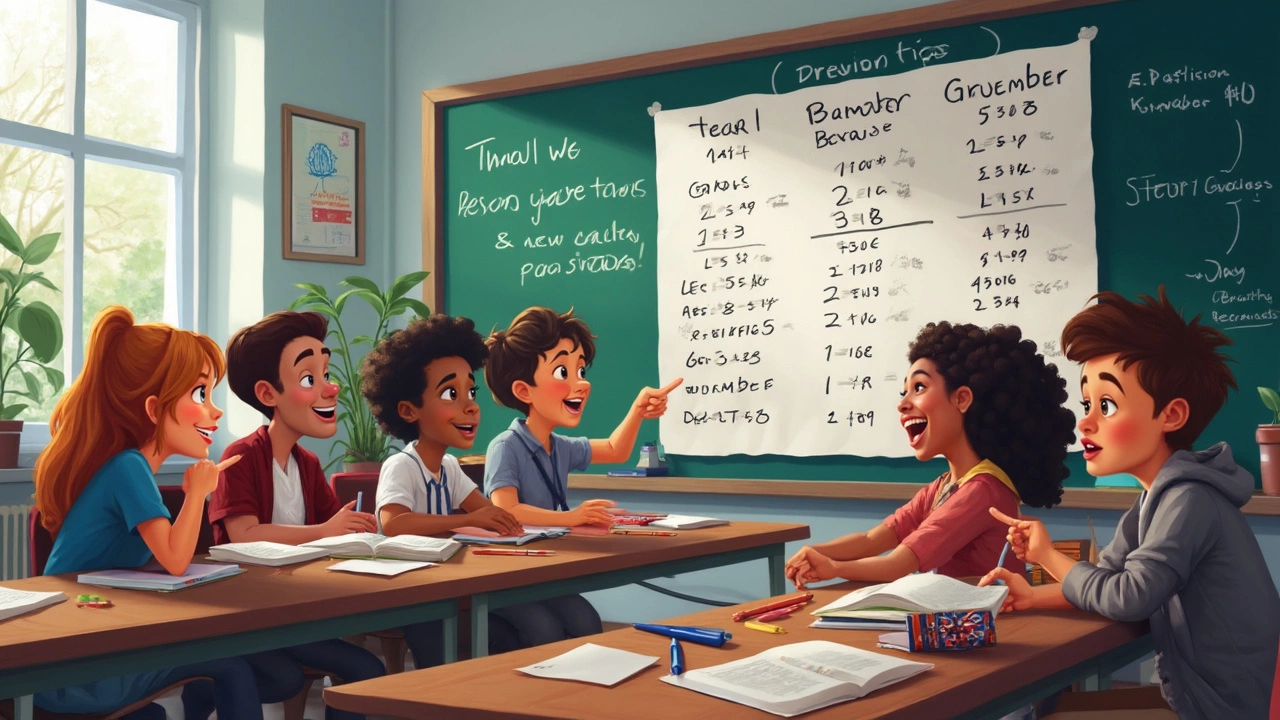GCSE Revision: How Many Hours Should You Study?
Staring at a blank timetable and wondering how much time you need for GCSEs is normal. Too little study and you’ll feel unprepared; too much and burnout creeps in. The sweet spot lives somewhere in the middle, and it depends on your subjects, learning style, and the exam dates.
First, ask yourself: how many topics are there and how comfortable are you with each? If you’re already solid in a subject, you can spend fewer hours polishing the weak spots. If a subject feels like a mystery, allocate extra time for basics and practice questions.
Setting the Right Study Schedule
Break your revision into short, focused sessions instead of marathon nights. Research shows that 45‑ to 60‑minute blocks with 10‑minute breaks keep the brain sharp. Try a pattern like 50 minutes study, 10 minutes rest, then switch subjects or keep the same one if you’re in flow.
Most students hit the 15‑hour‑a‑week mark during peak revision – that’s about 2‑3 hours a day on weekdays and a longer session on weekends. Adjust up or down based on your progress. If you’re consistently scoring practice tests above 80%, you could trim a few minutes. If scores hover around 60%, add another hour or two.
Use a simple table: list each subject, key topics, and estimate the hours needed. Fill in realistic daily slots – don’t forget meals, sleep, and a little downtime. Seeing the plan on paper (or a phone app) makes it easier to stick to.
Effective Revision Techniques
Active recall beats re‑reading every time. After a short study block, close the book and quiz yourself. Write down answers, explain concepts out loud, or use flashcards. This forces your brain to retrieve information, strengthening memory.
Spaced repetition is another game‑changer. Review a topic after one day, then three days, then a week. Each revisit solidifies the knowledge and prevents the forgetting curve from kicking in.
Mix up the format: combine notes, mind maps, and past papers. Past papers are gold because they show the exact style of questions you’ll face. Time yourself – the goal is to finish a paper within the exam window while keeping accuracy high.
Don’t ignore the “why” behind facts. Understanding the reasoning helps you apply knowledge to unfamiliar questions. For example, instead of memorising a formula, ask why the formula works and practice using it in different scenarios.
Sleep matters more than you think. Aim for 7‑9 hours each night, especially on days before a mock or the real exam. A rested brain stores information better and stays focused longer.
Lastly, stay flexible. If a particular technique isn’t clicking, switch it up. The goal is steady progress, not perfect adherence to a rigid plan.
In short, target around 15 hours a week, split into bite‑size sessions, and use active recall, spaced repetition, and past papers to make each hour count. Adjust based on your scores, keep sleep in the mix, and you’ll walk into the exam room feeling prepared and confident.
UK vs US School Difficulty: Which Is Harder?
Compare UK and US school systems, GCSE vs SAT, workload, exams and support to decide which feels harder for students.
GCSE vs SAT: Key Differences and Similarities Explained
Explore the key differences and similarities between the UK's GCSE and the US SAT, covering purpose, format, grading, preparation resources, and how each impacts future education.
Do US Universities Consider GCSE Grades? A Practical Guide
Discover how US universities evaluate GCSE grades, what conversions are needed, and practical steps to boost your US college application.
What is an A* in GCSE? Grading Explained for Students
Curious about what an A* means in the world of GCSEs? This article unpacks exactly how the A* grade fits into the GCSE grading system, why it matters, and how it compares to the current number grades. Get practical revision tips, common myths busted, and smart strategies to boost your chances of top marks. Perfect for students aiming high! Don't just study harder—study smarter.
What is a 4.0 GPA in the UK? Unraveling the Mystery for Students
Wondering how the 4.0 GPA, a common grading scale in the US, translates into the UK education system? This engaging read clarifies the differences, why they matter, and provides tips for GCSE students aiming for top scores. Discover whether it's comparable to an A or an A* and how you can use GPA-style thinking to excel in your exams. Learn practical tips and strategies for hitting those high marks.
Achieving All 9s in GCSE: How Unique Is It?
Scoring all 9s in GCSE exams is a remarkable feat, reflecting both dedication and a thorough understanding of the subjects. This article delves into how rare this accomplishment is and offers insights into the factors contributing to achieving such remarkable results. Essential tips for revision techniques and maintaining a balanced lifestyle are also discussed. Learn about the support systems and study strategies that can play a crucial role in this academic journey.





